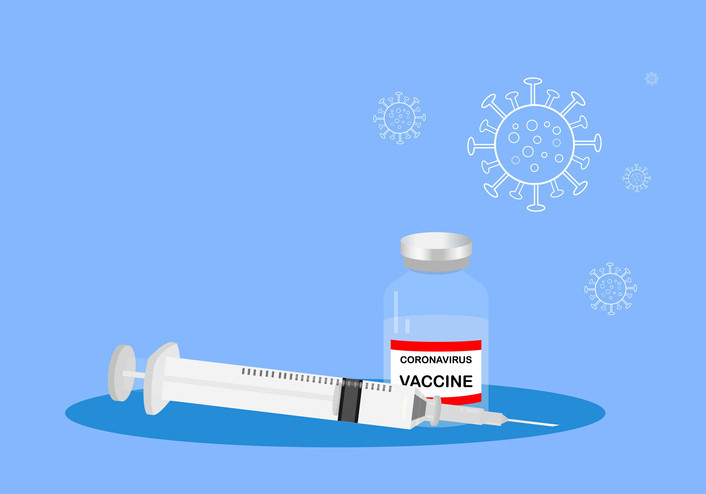
Driving with arthritis pain: Stay comfortable — and safe — behind the wheel

Daily cup of coffee may prevent afib recurrence

Gene-editing therapy lowers harmful blood fats in early study

What is EMDR therapy, and who can it help?

GLP-1 drugs versus bariatric surgery for treating obesity

Two dumbbells, three exercises, and 10 minutes

Easing the emotional burden of IBS

Modify your push-ups to meet your fitness level

What is long QT syndrome?

Stroke survivors may benefit from very low LDL levels
Vaccinations Archive
Articles
Shingles vaccine may also reduce stroke risk
A vaccine that can prevent shingles
7 strategies to prevent cancer
New information for parents on myocarditis and COVID-19 vaccines
Children not yet vaccinated against COVID-19? What to do
Shaking off shingles
Shingles is a painful neurological condition that is more likely to attack as people age. Left untreated, it can increase risk for chronic pain, blindness, and other long-term health problems.
COVID-19 vaccines: Safe and effective for American Indian and Alaskan Native communities
Should we track all breakthrough cases of COVID-19?
Despite the effectiveness of the COVID-19 vaccines, a small number of people develop cases even after being fully vaccinated. Most of these "breakthrough" cases are mild or moderate, and the CDC has decided to track only the ones that require hospitalization, which has disadvantages.

Driving with arthritis pain: Stay comfortable — and safe — behind the wheel

Daily cup of coffee may prevent afib recurrence

Gene-editing therapy lowers harmful blood fats in early study

What is EMDR therapy, and who can it help?

GLP-1 drugs versus bariatric surgery for treating obesity

Two dumbbells, three exercises, and 10 minutes

Easing the emotional burden of IBS

Modify your push-ups to meet your fitness level

What is long QT syndrome?

Stroke survivors may benefit from very low LDL levels
Free Healthbeat Signup
Get the latest in health news delivered to your inbox!
Sign Up











